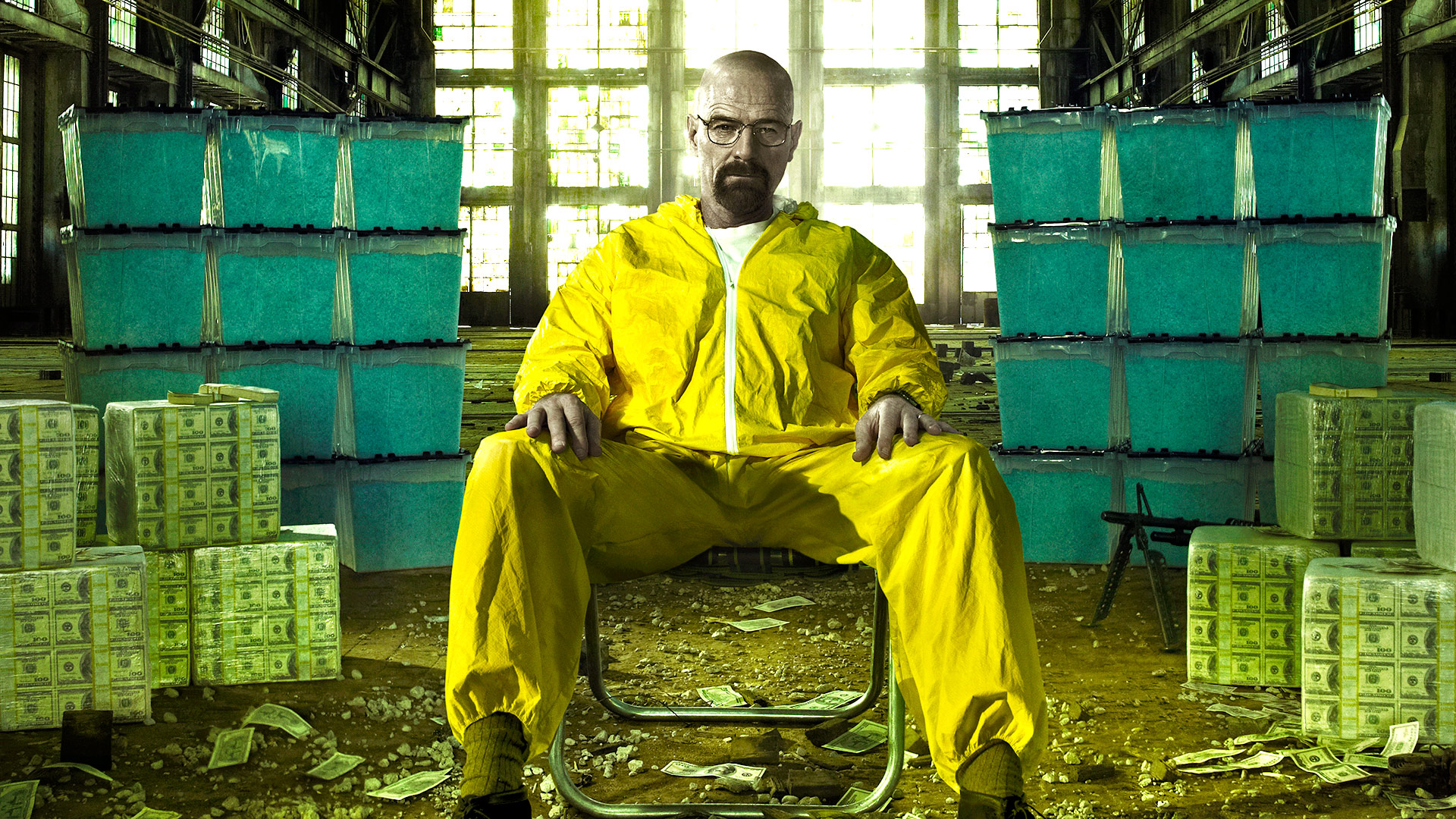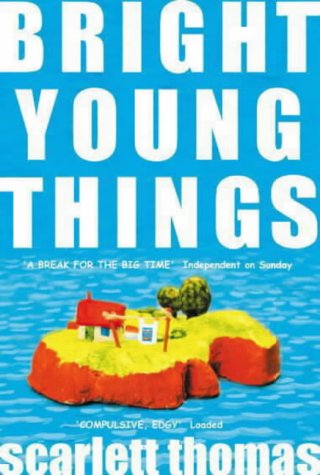A consequence of writing last month’s article about the 1970’s TV show, The Aphrodite Inheritance is that I’ve found myself pondering nostalgically over what else my parents would have sat down to of an evening once us kids were tucked up in bed. What else might they have watched that I was too young for that I would now find enthralling? The answer is, the more I delve the more I find. And the amazing thing with modern access to information is that it’s so easy to discover. A simple Internet search brought a flood of memories back with opening titles I’d only glimpsed before through the balustrades as I reluctantly made my way upstairs to my room and theme tunes that I’d heard only from afar as I lay in the dark waiting for sleep to whisk me away to some childhood dreamland.
One such show was Colditz, a gritty WWII drama co-produced by the BBC and Universal Studios. It originally aired between 1972 and ’74 with 28 episodes over two seasons and I well remember the opening sequence and the music. But it was on at bedtime and I never got to watch it. Of course there’s a very good chance that had I been permitted to watch it, I wouldn’t have understood what it was all about anyway but that’s the beauty of rediscovering things years later and I have to say – I’m extremely glad I have. Because it’s terrific television.
For those of you unfamiliar with the name Colditz, it was the prisoner-of-war camp in Nazi Germany during the Second World War and the place where Allied officers were sent if they were pains in the neck, i.e. prone to repeatedly escape from other camps. It was designated Oflag IV-C (Oflag being short for Offizierslager which means “officers camp”) and was situated in a thousand year old castle on a rocky outcrop overlooking the town of Colditz in Saxony. Its outer walls were seven feet thick and protecting it on one side was a sheer drop of two hundred and fifty feet to the Mulde river below. The Nazis considered it to be escape-proof but history tells us otherwise.
The first three episodes of this 50 minute show introduce three of the central characters and their subsequent capture by the Germans early in the war. Capt. Pat Grant (Edward Hardwicke), Flt. Lt. Simon Carter (David McCallum) and Lt. Dick Player (Christopher Neame) prove themselves to be problematic prisoners for the Nazis by their numerous attempts to escape. They are therefore finally sent to Germany’s maximum security facility where “escape is impossible”. The fourth episode finally takes us to Colditz after the capture of Flt. Lt. Phil Carrington (Robert Wagner) and from then on the series deals with the relationships between prisoners of various nationalities and their German captors as well as the prisoners’ constant attempts to escape. If you’ve ever seen the movie The Great Escape, it’s a bit like that only not as spectacular but a good deal grittier and more realistic.
Indeed, the technical consultant on the series was Major Pat Reid (the character portrayed by Edward Hardwicke being based on him) who was in real life the British Escape Officer at Colditz. He was one of the few who actually managed to successfully escape from the castle and after the war he went on to write about his experiences in two best-selling books which in turn would go on to be the basis of a film (The Colditz Story directed by Guy Hamilton in 1955), this TV show and a popular board game in the early ’70s. The majority of the events depicted in the series have some basis in reality and while all character names are fictitious, many of them are based, albeit loosely, on actual people. It therefore gives the show a very “real” feel.
This accuracy in the writing together with generally superb performances from all the actors is what makes this TV show one of the most riveting I’ve seen in a long time. Jack Hedley who plays Lt. Col. John Preston, the Senior British Officer and therefore the man who assumes full responsibility for the British prisoners does a fine job with his role. His stoicism and command of his men is a thing of beauty as is his respect for their wishes and duties. His relationship with the camp Kommandant (masterfully played by Bernard Hepton) is wonderfully multi-layered and as such, a very interesting one to see evolve when the two men share the screen.
But in all honesty, I nitpick by naming certain actors. The entire ensemble is spot on. The scripts are intelligent and always within the realms of reality thereby easily impressing upon the viewer how life would have been for those military men forced to wait out the war behind lock and key far from their homes and loved ones.
Gerard Glaister, who together with Brian Degas created the show, was a flyer in the RAF during the war and would go on to be awarded the Distinguished Flying Cross for his duties. Originally training as an actor at RADA, he would draw on his wartime experiences many times throughout his career as writer/producer with a number of other TV shows set during and after the Second World War. One of these was yet another series I remember glimpsing the opening titles to as I trudged reluctantly upstairs to bed – Secret Army and I may well review that at some point in the near future. I caught one fragmented episode on YouTube and loved it.
With today’s TV schedules crammed full of inane “follow some weird individual with a camcorder and make a reality TV star out of them” nonsense (there are exceptions of course with some very good series currently produced), I find it a refreshing change to seek out the programmes my parents would have tuned into. Turns out they had some pretty good stuff to watch. It also explains why they insisted on me being in bed at a certain time.
And there I was thinking they simply wanted me to get a good night’s sleep. Early to bed and early to rise…yeah whatever!





